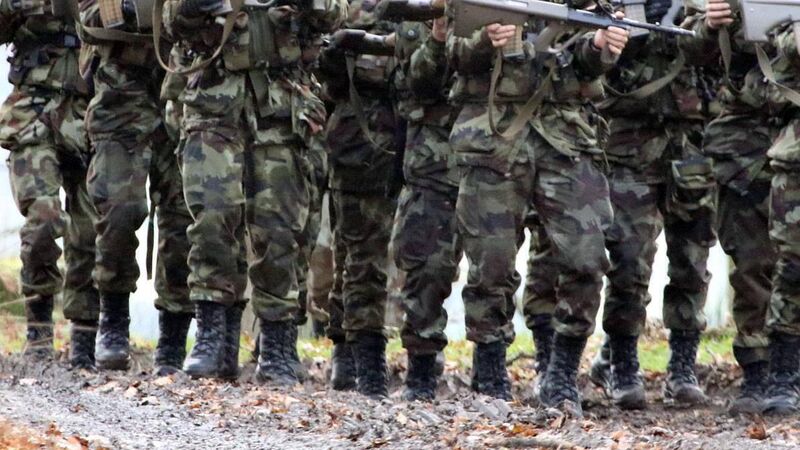Council of State examines laws stopping Defence Forces commenting publicly on politics

The representative body of the Defence Forces, Raco, described the prohibition as 'draconian'.
The Council of State met on Monday afternoon to examine whether laws that prohibit Defence Forces members from speaking publicly about political matters are constitutional.
President Michael D Higgins convened the meeting to consider the constitutionality of the Defence (Amendment) Bill 2024, which passed through the Oireachtas last week.














